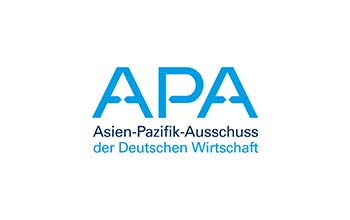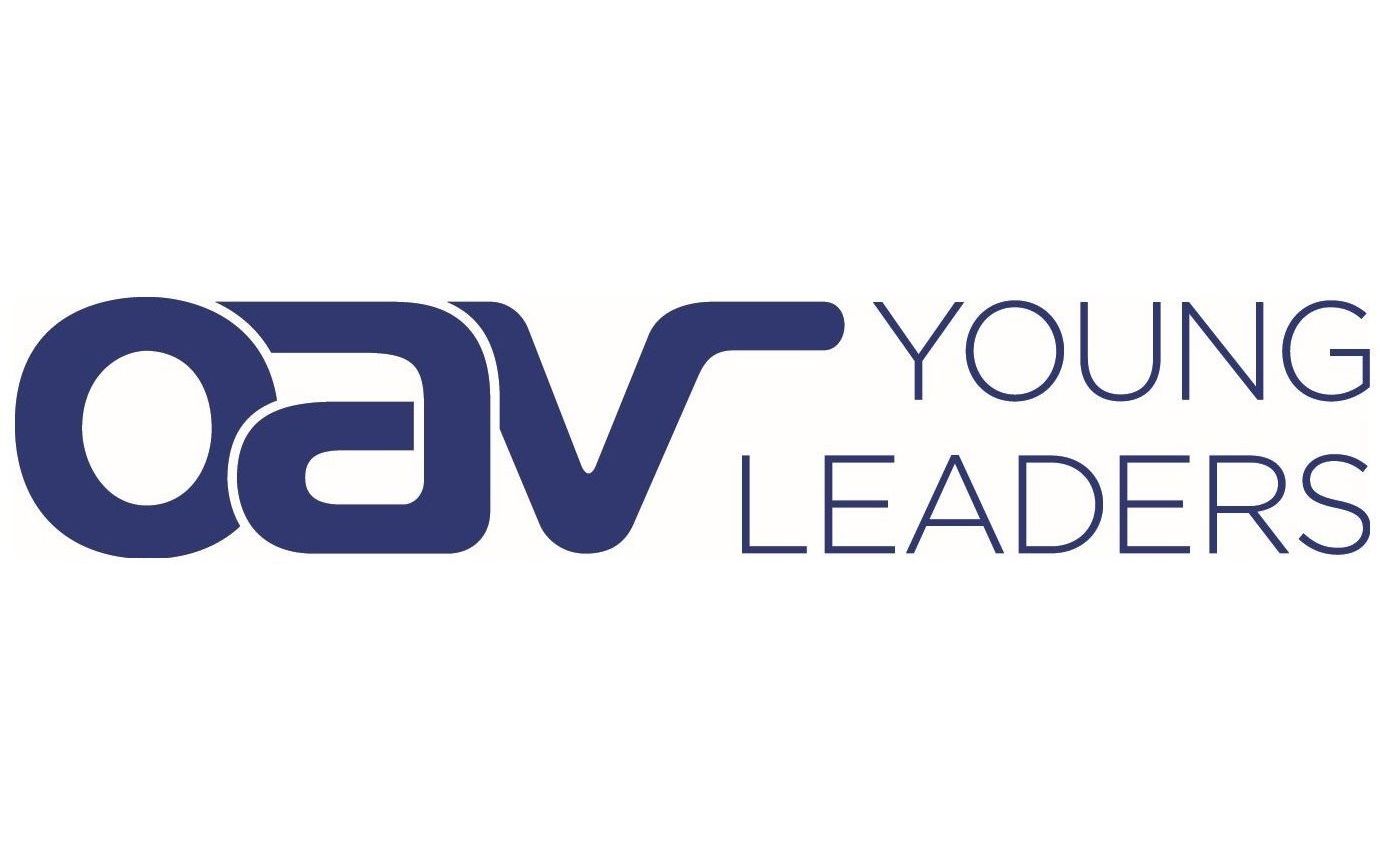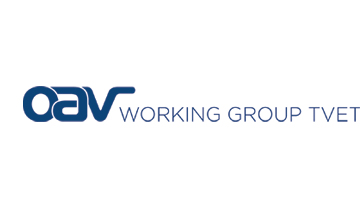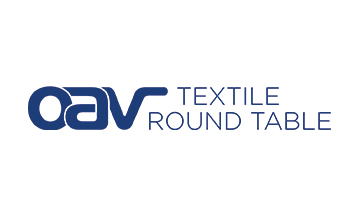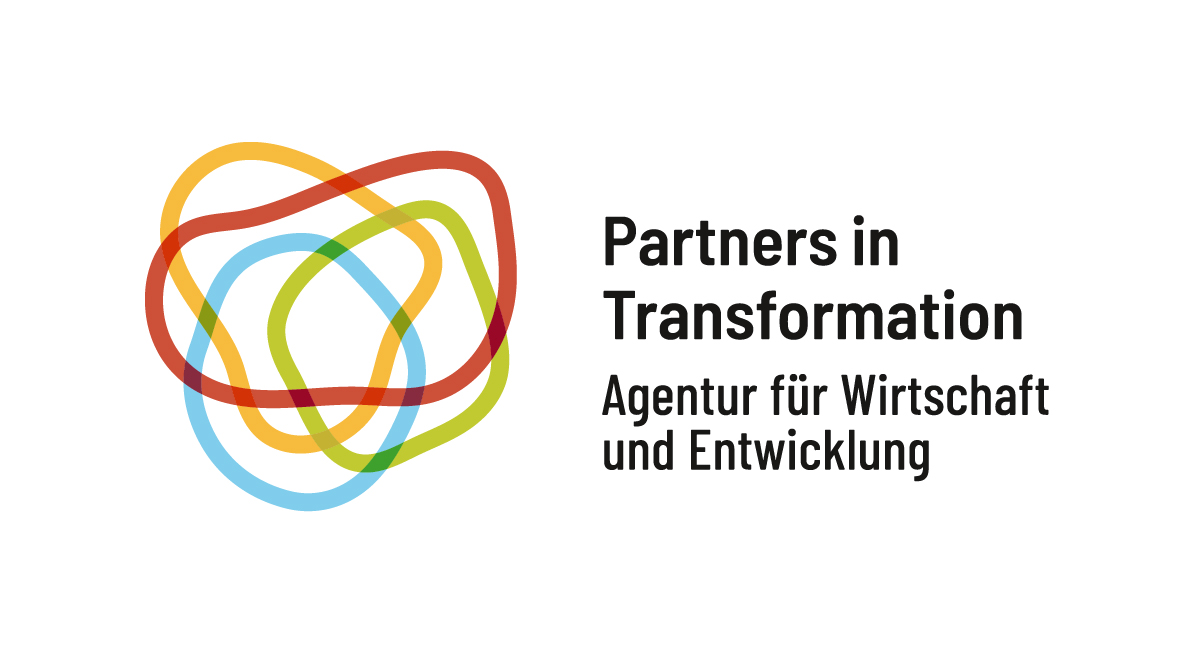Quality Marks and Standards: Webinar on Trends in Technical Market Access in India
What are current trends in technical market access in India and how do they affect German companies? These and related issues were discussed in a webinar organised by the Indian country component of the Global Project Quality Infrastructure (GPQI) in cooperation with the German Asia-Pacific Business Association (OAV) and Germany Trade & Invest (GTAI) on 10 June 2020. Nearly 100 industry experts from various sectors joined the webinar to get insights into mandatory certification and business opportunities in India.
11-06-2020The introductory presentation by Boris Alex, Director of GTAI in India, elaborated on business opportunities for German companies in India. After showing the impact of the Covid-19 pandemic on India’s GDP and employment, Mr Alex presented the implications of India’s fiscal stimulus package “Atmanirbhar Bharat” (English: self-reliant India) for German companies. The package promotes private and foreign investments in varies industries ranging from mining to healthcare and energy (further information can be found at www.gtai.de/Indien).
In their presentation, the GIZ team from GPQI informed about trends in technical regulation in India. They highlighted sectors in which a growing number of products is required to be certified based on Indian standards. Since 2020 the increase in such technical regulations has been especially sharp in sectors such as steel, electronic and IT devices, and cables (see graph). Technical regulations are likely to rise for machinery safety, chemicals, electrical equipment, and medical devices.
The speakers from GPQI also introduced challenges faced by German companies and possibilities of support through the Indo-German Working Group on Quality Infrastructure. Within this Working Group, the German Federal Ministry for Economic Affairs and Energy (BMWi) cooperates with Indian partner ministries to reduce technical barriers to trade, enhance product safety, and strengthen consumer protection. The Working Group addresses all aspects of quality infrastructure: standardisation, conformity assessment, metrology, technical regulations, and market surveillance.

